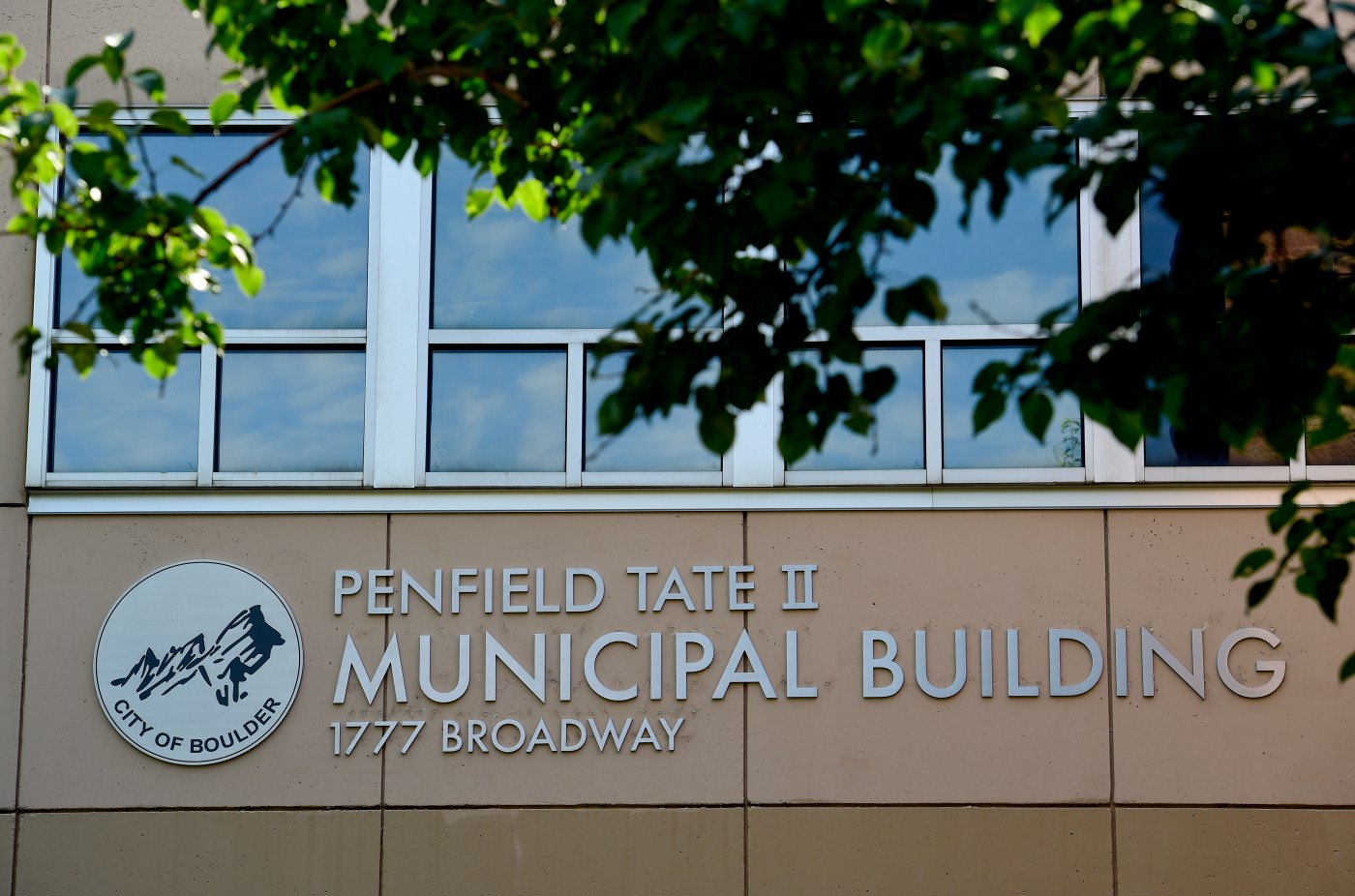Top Stories
Boulder Candidates Urge Immediate Overhaul of 17-Page Sign Code

URGENT UPDATE: Boulder City Council candidates are calling for an immediate overhaul of the city’s complex 17-page signage code, a critical part of the land-use regulations that business owners must navigate. The discussion, heating up ahead of the Tuesday election, highlights the need for reform in a system many describe as outdated and overly complicated.
If you glance at the city of Boulder’s land-use code, specifically Title 9, you encounter a daunting set of rules governing what a business sign can look like. Lauren Folkerts, a career architect and City Council incumbent, emphasizes that the current regulations create unnecessary hurdles for businesses. “We are a community that prides itself on creativity, yet our building code makes it difficult to innovate,” she stated, arguing that the code is a “Frankenstein” of inconsistent regulations.
The urgency of this issue is underscored by the city’s ongoing struggles with commercial vacancy and a significant housing shortage. Candidates are rallying around Title 9 reform as a potential solution, believing that easing restrictions could promote development and economic growth. Rob Smoke, another candidate, highlighted the previous occupancy limits that restricted how many unrelated individuals could share a home, showcasing the need for flexibility in residential regulations.
As the candidates debate, Max Lord, a small business owner, likened the signage code to a chaotic artwork, stating, “It’s difficult to fill empty commercial spaces when the city has such restrictive codes.” The permitting process can stretch for months, draining financial resources as businesses navigate a convoluted system of reviews and approvals.
The debate over Title 9 has sparked a divide among the 11 candidates. While some advocate for a complete rewrite, others, like Nicole Speer, believe the city must first complete updates to the Boulder Valley Comprehensive Plan before tackling Title 9. Meanwhile, Rob Kaplan proposes a more hands-on approach, advocating for “staffed, in-office customer service” to help applicants through the process.
The emotional impact of this regulatory burden is felt across the community. Candidates like Jenny Robins argue for a modernized code that is user-friendly, allowing residents and small businesses to comprehend regulations without extensive legal assistance. “Boulder’s code is the most complicated I’ve ever seen,” she remarked, calling for a comprehensive review of regulations that hinder residential developments like duplexes and triplexes.
The current landscape presents a critical juncture for Boulder, with the potential for significant changes in how land-use regulations are enforced. Candidates are aware that reforming Title 9 could take years, requiring sustained effort to unravel decades of policy. However, the pressing need for change is evident, especially as the city grapples with evolving housing needs in a post-pandemic world.
Boulder City Council is poised to prioritize the review of Title 9, directing staff to research and propose necessary changes. The complexity of the existing regulations has led to calls for external consultants to expedite the process, potentially reducing overhead costs while improving efficiency.
As the election approaches, the candidates’ collective focus on reforming Title 9 signals a commitment to addressing the challenges faced by businesses and residents alike. The outcome of this election could redefine Boulder’s approach to development, making it a pivotal moment for the community.
Stay tuned for updates as the election unfolds and the discussion around Boulder’s land-use code continues to develop.
-

 Business2 weeks ago
Business2 weeks agoIconic Sand Dollar Social Club Listed for $3 Million in Folly Beach
-

 Politics2 weeks ago
Politics2 weeks agoAfghan Refugee Detained by ICE After Asylum Hearing in New York
-

 Science2 weeks ago
Science2 weeks agoInterstellar Object 3I/ATLAS Emits Unique Metal Alloy, Says Scientist
-

 Health2 weeks ago
Health2 weeks agoPeptilogics Secures $78 Million to Combat Prosthetic Joint Infections
-

 Science2 weeks ago
Science2 weeks agoResearchers Achieve Fastest Genome Sequencing in Under Four Hours
-

 Health2 weeks ago
Health2 weeks agoResearcher Uncovers Zika Virus Pathway to Placenta Using Nanotubes
-

 Lifestyle2 weeks ago
Lifestyle2 weeks agoJump for Good: San Clemente Pier Fundraiser Allows Legal Leaps
-

 World2 weeks ago
World2 weeks agoUS Passport Ranks Drop Out of Top 10 for First Time Ever
-

 Top Stories2 weeks ago
Top Stories2 weeks agoChicago Symphony Orchestra Dazzles with Berlioz Under Mäkelä
-

 Business2 weeks ago
Business2 weeks agoSan Jose High-Rise Faces Foreclosure Over $182.5 Million Loan
-

 Entertainment2 weeks ago
Entertainment2 weeks agoJennifer Lopez Addresses A-Rod Split in Candid Interview
-

 World2 weeks ago
World2 weeks agoRegional Pilots’ Salaries Surge to Six Figures in 2025









